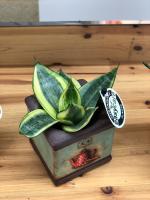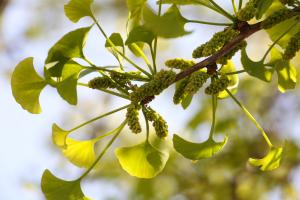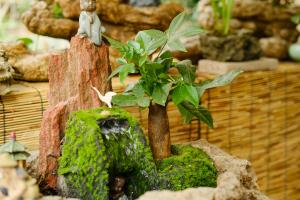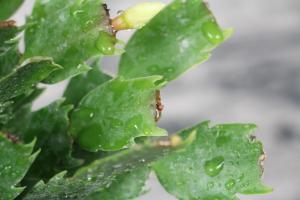Introduction
Slugs are often viewed as a garden pest that will feed on plants and cause damage. However, are slugs good for plants? This is a question that has been debated by gardeners and scientists alike. In this article, we will explore the benefits of slugs in the garden and whether they can actually be helpful for your plants.
The benefits of slugs in the garden
Slugs are known to be decomposers, meaning they help to break down organic matter in the soil. This process can help to create a healthier soil environment, allowing plants to better absorb nutrients and water. Additionally, the slime left behind by slugs contains nitrogen, which is an essential nutrient for plant growth. This makes slugs a valuable part of the natural ecosystem within your garden.
Slugs and plant damage
Despite their potential benefits, slugs are also known to eat plants and cause damage. They can consume leaves, stems, and even fruit or vegetables that are growing in your garden. However, it is important to note that not all species of slug eat the same plants, and some may prefer to feed on decaying matter rather than live plants. Additionally, it is possible to control slug populations through various management techniques such as handpicking or introducing natural predators, rather than resorting to chemical pesticides which can be harmful to both the slugs and other organisms in your garden.
How to encourage slug populations in your garden
If you are interested in maximizing the potential benefits of slugs in your garden, there are several ways to encourage their populations. Providing a moist environment, such as by using a drip irrigation system or leaving mulch on the soil surface, can help to attract and retain slugs in your garden. Additionally, planting certain types of plants that slugs are known to prefer, such as hostas or lettuce, can help to draw them in. However, it is important to keep in mind that encouraging slugs in your garden may also lead to increased damage to your plants.
Conclusion
So, are slugs good for plants? The answer is not a simple yes or no. While slugs can provide important benefits to the soil and provide valuable nutrients to your plants, they can also cause damage if their populations are not managed properly. By finding a balance between encouraging slugs and controlling their populations, you can create a healthy and productive garden environment that supports both your plants and the natural ecosystem.

 how many times do yo...
how many times do yo... how many planted tre...
how many planted tre... how many pine trees ...
how many pine trees ... how many pecan trees...
how many pecan trees... how many plants comp...
how many plants comp... how many plants can ...
how many plants can ... how many plants and ...
how many plants and ... how many pepper plan...
how many pepper plan...































